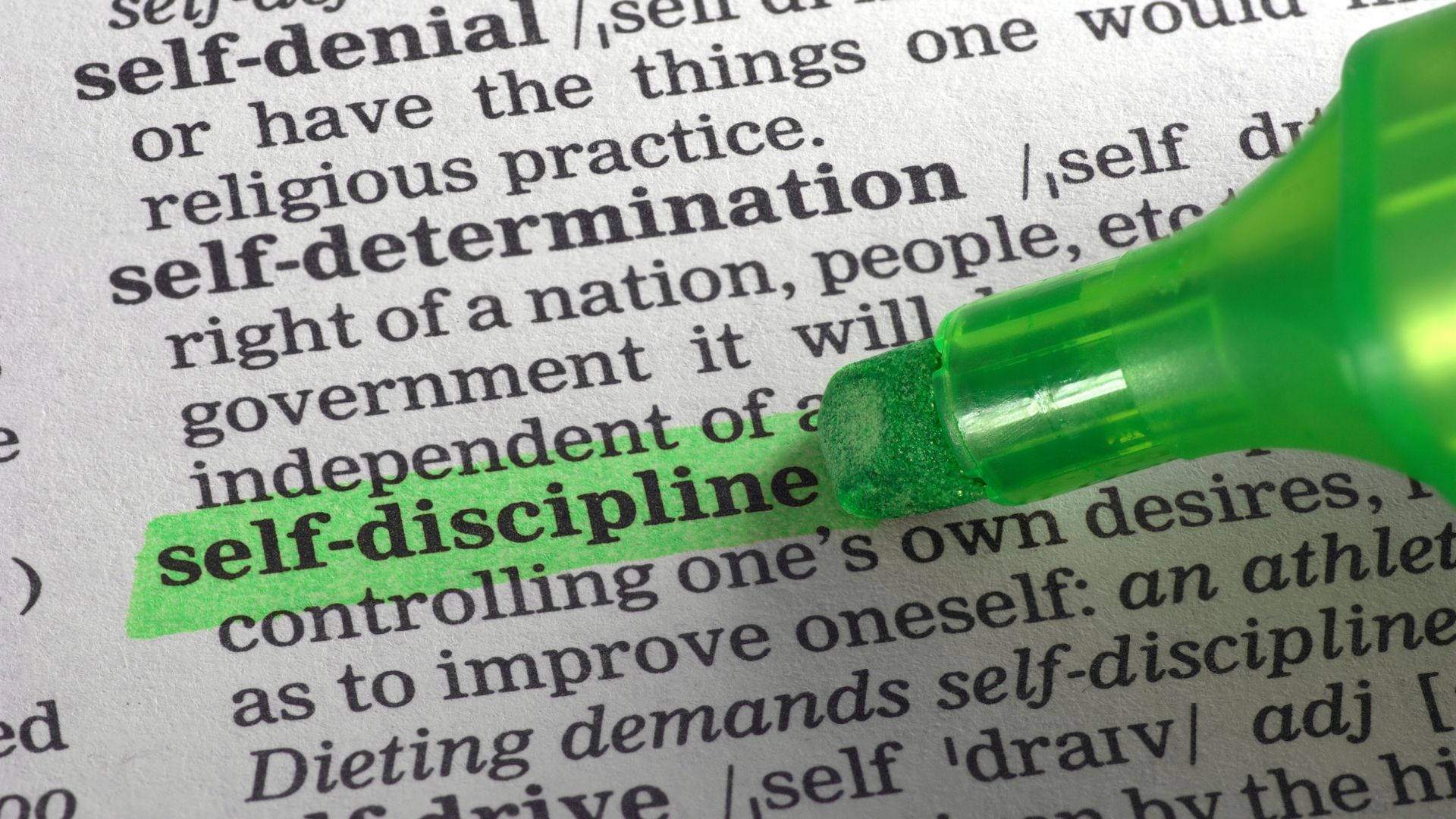Looking for areas of life to set goals?
Setting goals is a powerful tool for making progress in life. Without goals, we are often uncertain about where to direct our energy and focus.
With clear, achievable goals, however, we can create a roadmap to success, no matter what our goals may be.
But where do you start?
This guide will provide you with a comprehensive list of the nine areas of life to set goals in, as well as tips and strategies for setting goals in each of these areas.
Physical Health Goals
Physical health is an area of life that many people consider to be an important goal. From working out to eating healthy foods, setting goals in the physical health category can have a significant impact on your overall wellbeing.
Studies have found that setting goals around physical health can lead to improved outcomes. In a 2014 study, researchers found that setting physical health goals resulted in higher levels of physical activity, improved dietary habits, and ultimately, higher levels of overall physical health.
Additionally, a 2019 study found that goal setting can lead to improved physical health outcomes, including improved cardiovascular fitness and physical activity.
Career Goals
Career goals are essential for both long-term and short-term success. Setting career goals can help you stay focused and motivated as you work towards achieving your professional objectives.
Studies have found that setting career goals can lead to increased job satisfaction and improved job performance.
A 2017 study found that those who set career goals had greater job satisfaction and higher job performance ratings. Additionally, a 2019 study found that setting career goals can lead to improved job performance, greater job satisfaction, and increased motivation.
Financial Goals
Financial goals are crucial for ensuring financial security and stability. These goals can range from saving money to paying off debt to investing in the stock market.
Setting financial goals can help you become more mindful about your spending and ensure that you are making the most of your money.
Studies have found that setting financial goals can lead to increased savings and improved financial wellbeing. A 2017 study found that setting financial goals was associated with higher levels of savings and improved financial wellbeing.
In addition, a 2019 study found that setting financial goals can lead to improved financial outcomes, including reduced debt and improved financial security.
Educational Goals
Educational goals are essential for those who wish to improve their knowledge and skills. These goals can range from attending classes to taking online courses to earning a degree.
Setting educational goals can help you stay focused and motivated as you work towards reaching your educational objectives.
Studies have found that setting educational goals can lead to improved academic performance and increased academic success. A 2017 study found that setting educational goals was associated with improved academic performance and higher levels of academic success.
A 2019 study found that setting educational goals can lead to higher grades, improved attendance, and greater academic motivation.
Family Goals
Family goals are important for maintaining strong relationships with your family members. These goals can range from spending quality time together to engaging in meaningful conversations.
Setting family goals can help you stay connected and ensure that you are making the most of your relationships.
Studies have found that setting family goals can lead to improved communication, stronger relationships, and higher levels of family satisfaction.
A 2017 study found that setting family goals led to improved communication and stronger relationships. Additionally, a 2019 study found that setting family goals resulted in higher levels of family satisfaction and increased family cohesion.
Personal Development Goals
Personal development goals are important for improving yourself and your life. These goals can range from learning new skills to reading books to exploring new hobbies.
Setting personal development goals can help you stay focused and motivated as you work towards becoming the best version of yourself.
Studies have found that setting personal development goals can lead to improved self-esteem, greater self-confidence, and increased self-awareness.
A 2017 study found that setting personal development goals was associated with higher levels of self-esteem and increased self-confidence.
Additionally, a 2019 study found that setting personal development goals can lead to improved self-awareness, greater self-confidence, and increased self-esteem.
Spiritual Goals
Spiritual goals are important for those who wish to explore their spiritual beliefs and practices. These goals can range from attending spiritual retreats to meditating to exploring different faiths.
Setting spiritual goals can help you stay focused and motivated as you work towards deepening your spiritual connection.
Studies have found that setting spiritual goals can lead to improved wellbeing and increased levels of spiritual satisfaction.
A 2017 study found that setting spiritual goals was associated with improved wellbeing and higher levels of spiritual satisfaction. Additionally, a 2019 study found that setting spiritual goals can lead to improved wellbeing, greater spiritual connection, and increased spiritual satisfaction.
Social Goals
Social goals are important for those who wish to remain connected and build meaningful relationships with others. These goals can range from attending social events to engaging in meaningful conversations.
Setting social goals can help you stay focused and motivated as you work towards growing your social circle.
Studies have found that setting social goals can lead to improved social skills and increased social satisfaction.
A 2017 study found that setting social goals was associated with improved social skills and higher levels of social satisfaction. Additionally, a 2019 study found that setting social goals can lead to improved social skills, greater social connection, and increased social satisfaction.
Leisure Goals
Leisure goals are important for those who wish to make the most of their free time. These goals can range from exploring new hobbies to attending cultural events. Setting leisure goals can help you stay focused and motivated as you work towards enjoying life to the fullest.
Studies have found that setting leisure goals can lead to improved wellbeing and increased levels of leisure satisfaction.
A 2017 study found that setting leisure goals was associated with improved wellbeing and higher levels of leisure satisfaction. Additionally, a 2019 study found that setting leisure goals can lead to improved wellbeing, greater leisure engagement, and increased leisure satisfaction.
Conclusion
Setting goals can be a powerful tool for making progress in life. This guide provides you with a comprehensive list of the nine areas of life to set goals in, as well as tips and strategies for setting goals in each of these areas.
By setting goals in each of these nine areas of life, you can create a roadmap to success and ensure that you are making the most of your life.



